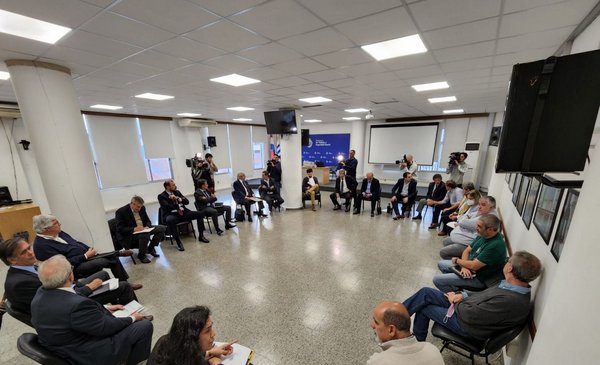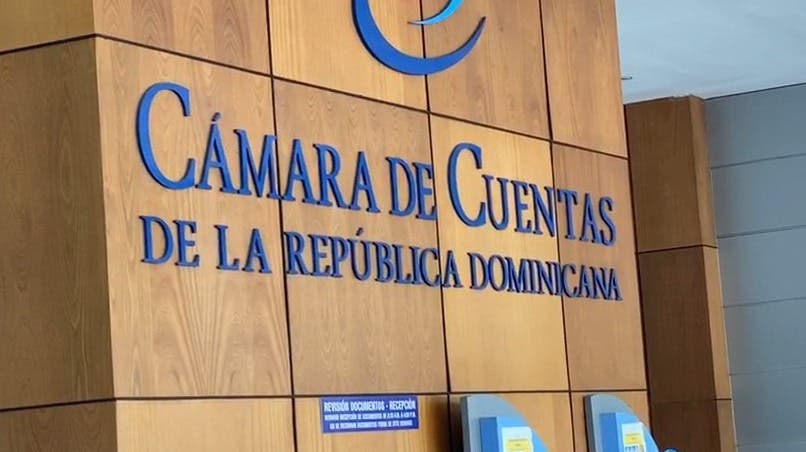Two months after the Executive Power suggested advance to July the payment of the corrective for inflation In those agreements where the adjustments were originally agreed only for July 2023 –at the end of the agreements– a large part already have a resolution.
83 tables were included in this negotiation. A survey carried out by The Observer —which covered 60 of those subgroups— shows that in 30 cases (50%) there was an agreement between the union and employers to advance the payment of the corrective for inflation. In another 21 cases (35%) there was no agreement due to the refusal of the employers, in 8 they were still negotiating and in one case they were waiting to have the June inflation data so that a previously planned safeguard clause would be activated.
From the letter of the minutes it appears that In most cases, the difference between the salary adjustments granted in the moving year (July 2021-June 2022) and the inflation observed in that period will be paid in full.. As an approximation and taking a general case, if inflation in the moving year to June ended at 9.37%, the corrective would be approximately 3.6%. this contemplating private workers who received expected inflation of 5.57% for the entire moving year.
A variant is in the way they will be paid. There are cases in which a single payment is foreseen together with the next semi-annual salary increase, and in others up to two installments. It is worth mentioning that each agreement has its particularities, so the magnitude of the correction will have differences.
those who advance
Among the items that will advance the payment there are items like automotive partswarehouse importers, opticians, high turnover hotels, pensions, food chains, aviation workshops, escort services, personnel suppliers, cleaning companies, advertising agencies, accounting studiessanitary, and rural activities (livestock, agriculture, dairy farms and related activities).
In the financial field the AFAPs will have a corrective that will be paid in two installments (July and January 2023), as well as the insurance companiesand in transport of values the corrective will be equivalent to 80% of the IPC of the period. Exchange houses will have a correction for past inflation of 2% (1% in July and 1% in January 2023). Financial services companies will pay a corrective of 1.5% also divided into two installments.
Ministry of Labor and Social Security.
Most of the business sectors did not support the suggestion.
within the industry Activities such as feed factories, industrial bakeries, confectioneries, industrial catering, frozen fish unloading, knitting, tanneries, petroleum and coal derivatives, and latex will carry out the corrective action.
Whitout deal
On the other hand, there was no agreement to advance payment in music houses, bookstores, photography houses, dental houses, drugstores, motorcycle sales and a residual group of commerce, as well as in beverage transportation. As in real estate, andservice stations, 0900 services, dry cleaners and trade in medical products.
Nor in the fishing sectors (capture, processing plant, hatcheries and maritime farms); perfumeries, mining (extraction of metallic minerals, precious stones, jewelry) and glass.
Negotiations continue in two passenger transport groups (interdepartmental transport and ticket sales), as well as on open TV in Montevideo and the interior. And in the beverage industry, the malting sector will negotiate once the inflation data for July is available. A safeguard clause says that if in the first 12 months of the agreement inflation exceeds 7.87%, the Salary Council may be called to agree to advance the payment of the corrective.
those who already have it
There is another group of tables that have already incorporated a first correction for past inflation for this half of the year because in last year’s negotiation they did not comply with the official guidelines and agreed on the outside. This is the case of sectors such as shops, supermarkets, household items, construction sheds, food retail, and chain stores and self-services.
They also have domestic service workers, industrial ice cream parlors, salt mills, wheat mills, coffee and tea mills, liquor stores, beverages, noodle factories, refrigeration industry, sausage industry, graphic workshops, metallurgical, auto parts, plastic, forestry, horticulture, poultry farms and beekeeping. In the case of private education, corrections are every six months if necessary.







